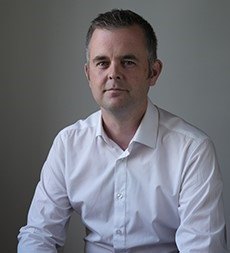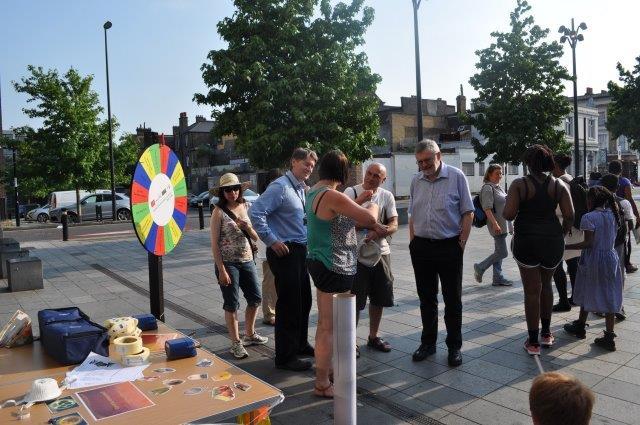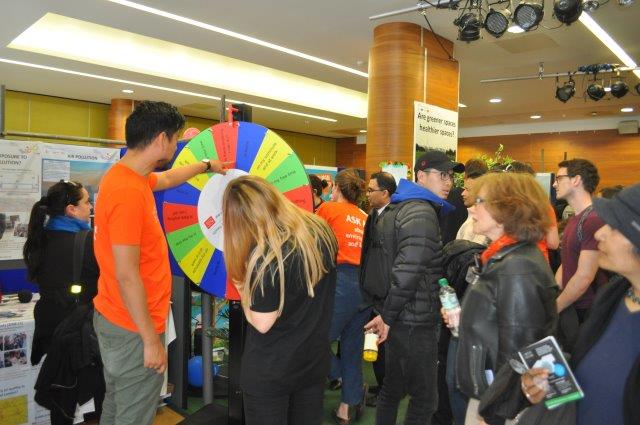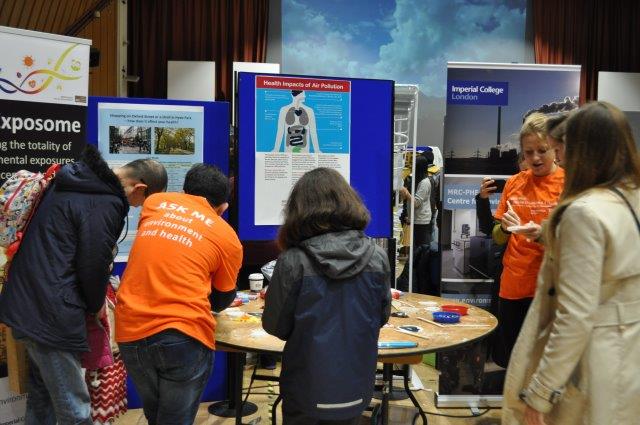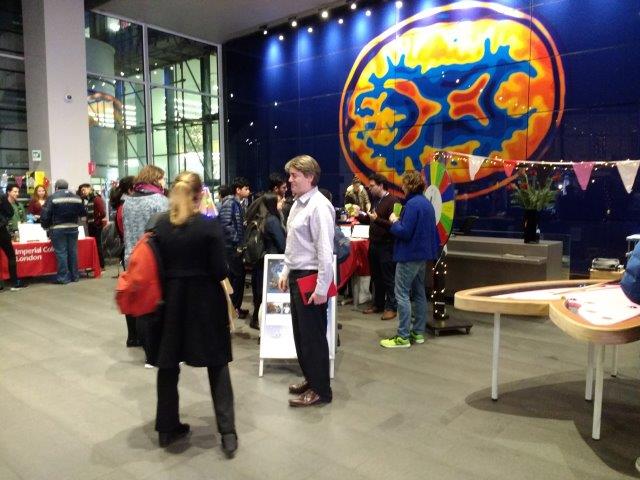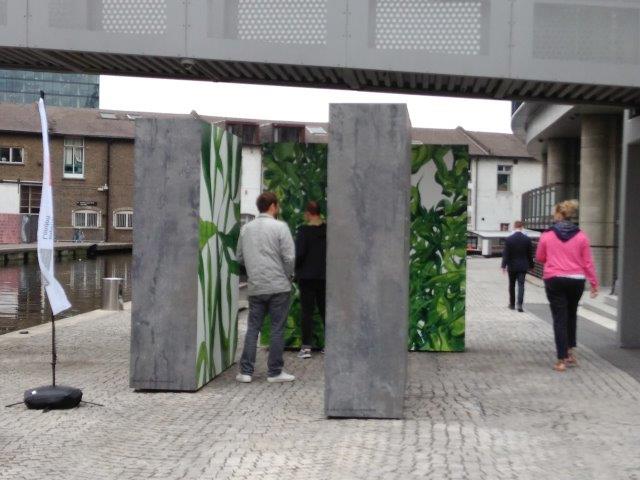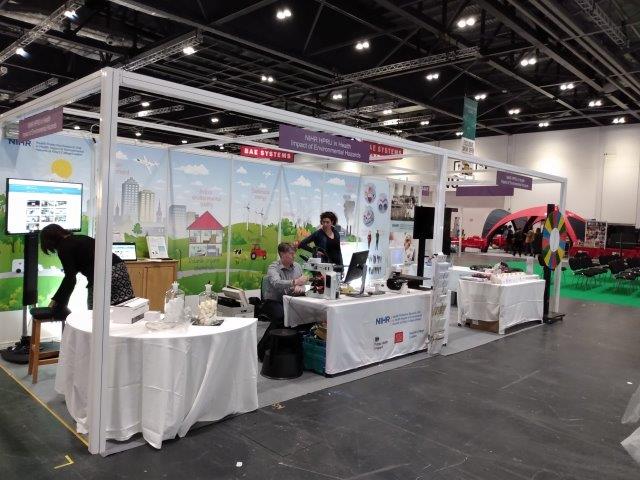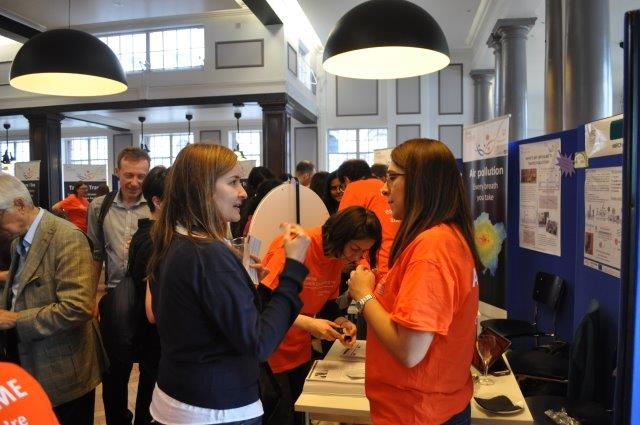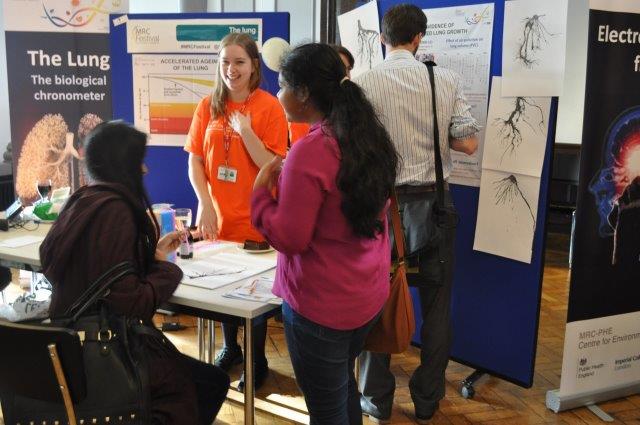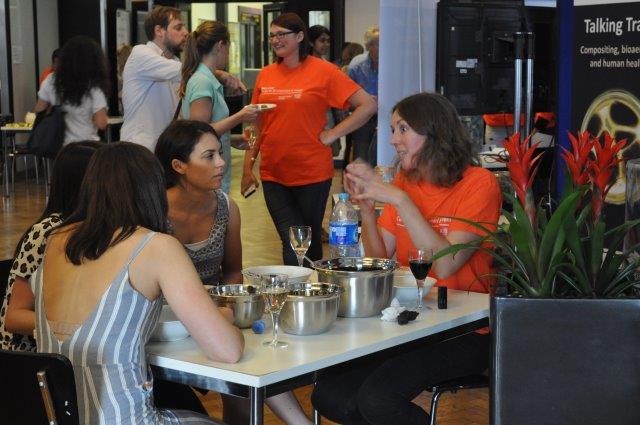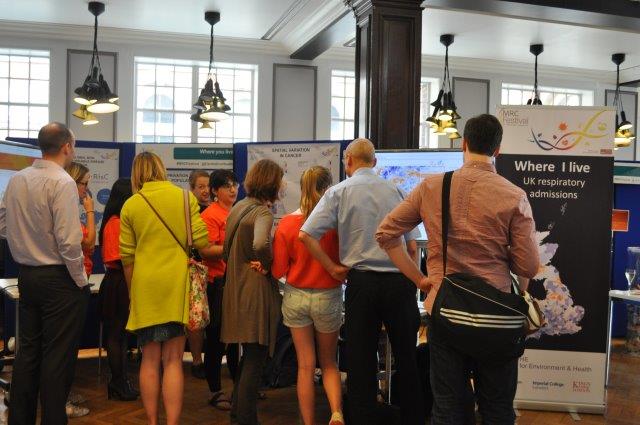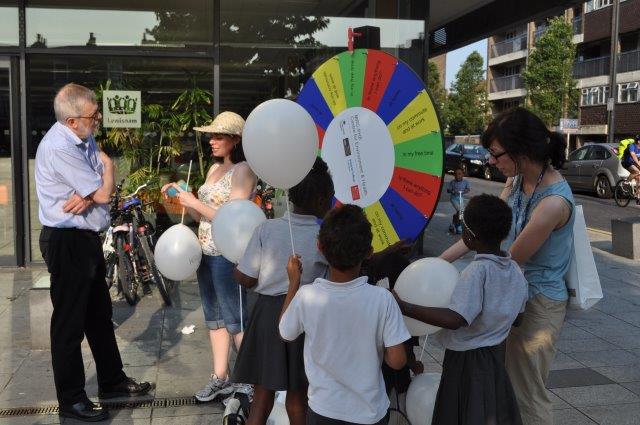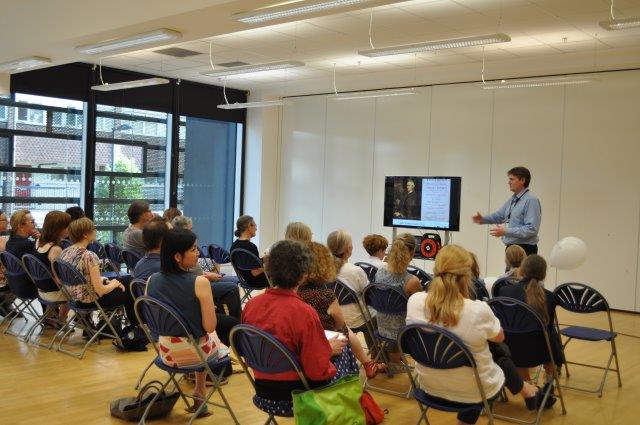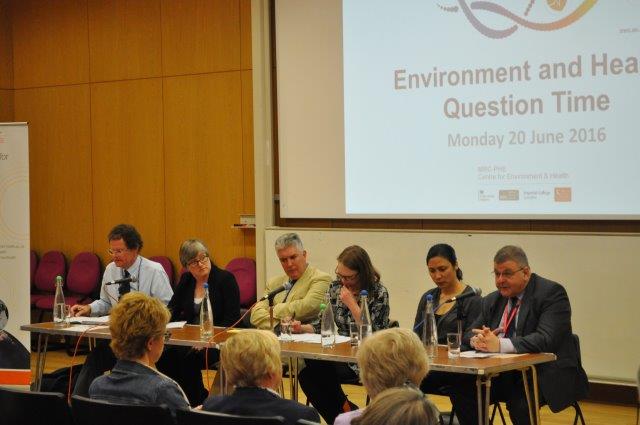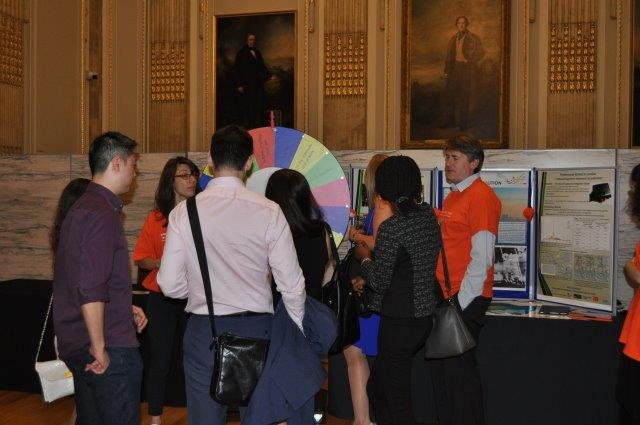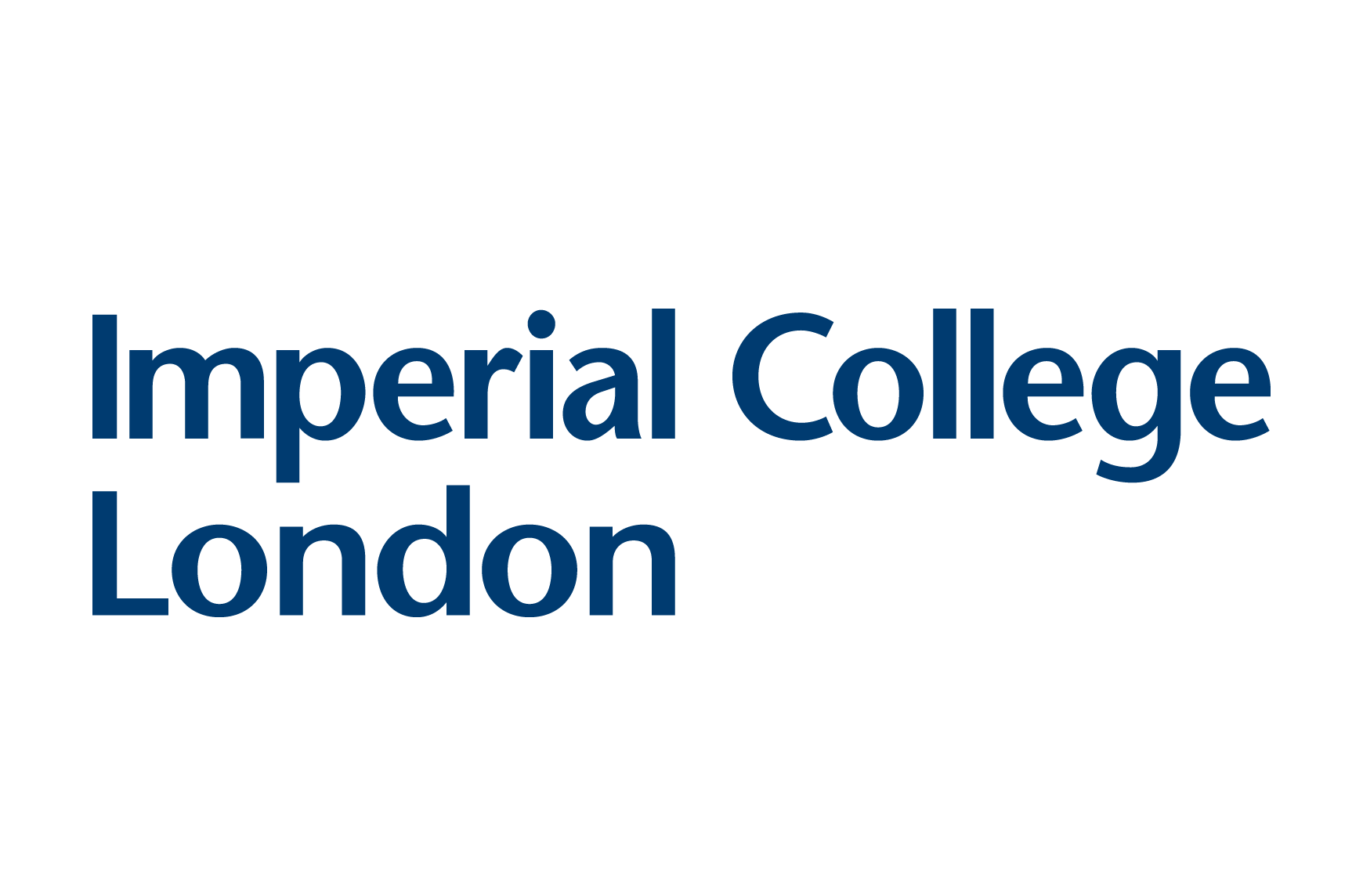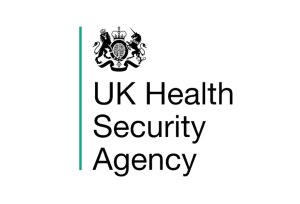Welcome
Welcome to the National Institute for Health and Care Research Unit (NIHR HPRU) in Environmental Exposures and Health at Imperial College London.
This HPRU is a partnership between Imperial College London and the UK Health Security Agency, in collaboration with King’s College London and the MRC Toxicology Unit, Cambridge.
We have strong links with the Chemical and Radiation Threats and Hazards HPRU and the MRC Centre for Environment and Health and to ensure we operate as a highly collaborative matrix, analogous to the UK Health Security Agency’s multi-functional, single-agency model, we have created a Joint Steering Committee, Training Programme Committee, Public and Community Involvement, Engagement and Participation Committee and Public and Community Oversight Group.
This HPRU brings together our expertise in air quality measurement and modelling, exposure assessment, conducting large-scale epidemiological studies, biomarkers and disease mechanisms and chemical toxicology of fibres and particles to produce the scientific evidence needed to support the effective protection of the population from these environmental hazards.
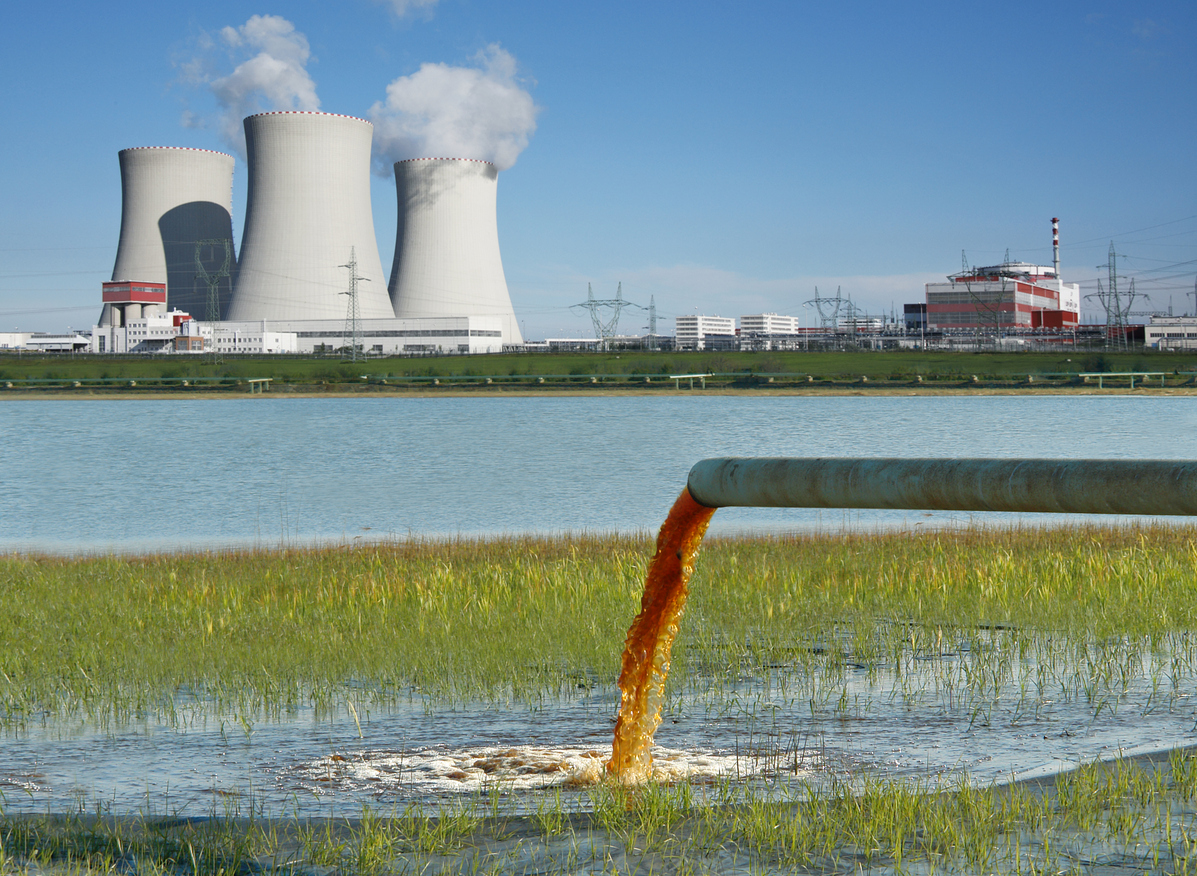
Mission
The mission of this HPRU is to undertake the highest quality research on the health effects associated with exposure to a range of environmental pollutants, including those in the ambient and indoor settings. Our aims are to improve the understanding of the distribution, determinants and pathways linking these exposures to health effects, to provide scientific evidence that will impact directly on public health practice and policy, and to train the next generation of research leaders in environment and health.
Research
The research programme is organised into four complementary themes focusing on furthering understanding of the risk of ambient and indoor air pollutants on health, by examining a range of adverse endpoints in specific population subgroups (e.g. adverse birth outcomes and cognitive function in school children) and in specific locations (indoor, homes and offices, transport micro-environments including the London Underground).
In addition, we will look at emerging exposure issues including e-cigarettes, microplastics, illicit and herbal drug use and brake and tyre wear toxicology.
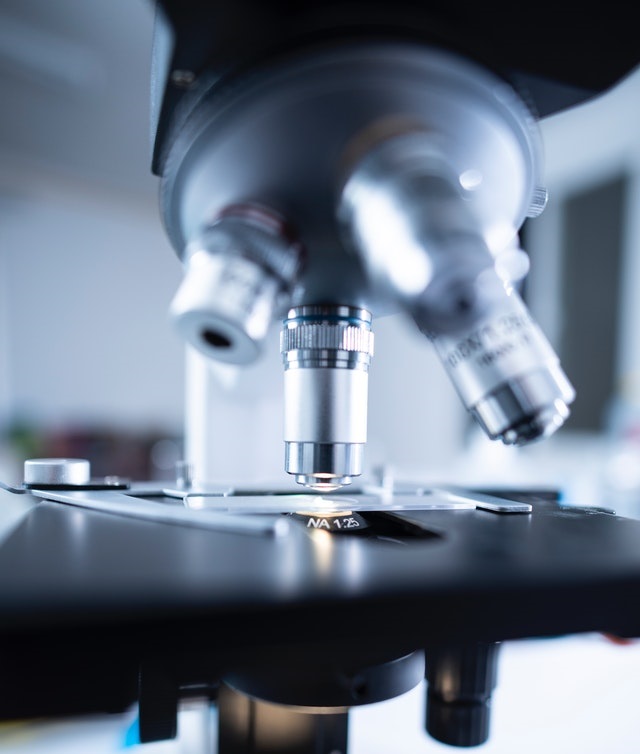
Theme I - Challenges
1. What are the exposures to toxicants from all environmental sources and consumer products in different populations?
2. Can models be developed to predict exposure?
3. What is the public perception of risk from these toxicants and how are potential risks best communicated?
Theme III - Challenges
1. What biomarkers emerge following acute exposure to different air pollutants and do they discriminate between different sources?
2. Are non-exhaust PM emissions (brake, tyre and road wear) of toxicological relevance and what are the relative toxicities of exhaust PM and NO2?
3. What are the relative toxicities of e-cigarette components?
Theme II - Challenges
1. What are the impacts of air pollution on birth outcomes, cognitive development, mental health and dementia in later life ?
2. What are the impacts of traffic related air pollution on school children’s neurodevelopment and overall health and to what extent does the ULEZ mitigate against any adverse effects ?
3. What, if any, is the impact of air pollution on the London Underground?
Theme IV - Challenges
1. Do microplastics have detrimental human health effects?
2. What are the potential health consequences of waste fires on local populations?
3. What are the health impacts of living near biomass electricity generating installations or being exposed to waste fire emissions?
Latest News
-
Under Poisoned Skies – Professor Frank Kelly of Imperial College London provides expertise for BBC Documentary
Posted on November 2, 2022Continue readingProfessor Frank Kelly of the Environmental Research Group, Imperial College London, provides expertise for the BBC Documentary on Oil Fields in Iraq which uncovers the problem of toxic air pollution arising from gas flares in oil fields outside Basra. The programme reveals these flares are putting the lives of children and adults at serious risk.
-
Pollution tweets from US embassies improved air quality in cities
Posted on October 26, 2022Continue readingProfessor Frank Kelly of the Environmental Research Group, Imperial College London, quotes in The New Scientist, ‘Engaging and involving the public on health impacts is key’ Read more here.
-
Building works responsible for 18% of UK large particle pollution
Posted on October 21, 2022Continue readingDr Gary Fuller of the Environmental Research Group, Imperial College London writes in The Guardian about how air pollution from construction sites is largely affecting air pollution. Read more here.
-
MRC Centre and NIHR HPRUs EEH and CRTH at New Scientist Live 2022
Posted on October 19, 2022Continue readingThe MRC Centre for Environment and Health together with the NIHR Health Protections Research Unit’s in Environmental Exposures and Health, and Chemical Radiation Threats and Hazards attended again this year the New Scientist Live 2022. The NSL 2022 event took place on the 8th and 9th October at ExCel London and we were also there […]
-
Dr Leon Barron talk’s to BBC Radio 4’s, ‘The Life Scientific’ on Sewage
Posted on October 11, 2022Continue readingDr Leon Barron, of the Environmental Research Group, Imperial College, talks to BBC Radio 4 The Life Scientific’ on Sewage and how sewage pollutants affects our environment. Click to listen to this interesting podcast.
-
How high fuel bills can worsen air pollution in our homes
Posted on October 7, 2022Continue readingDr Gary Fuller of the Environmental Research Group at Imperial College London, latest ‘Pollution Watch’ in The Guardian looks at how high fuel bills worsen pollution in the homes. Read more here.








